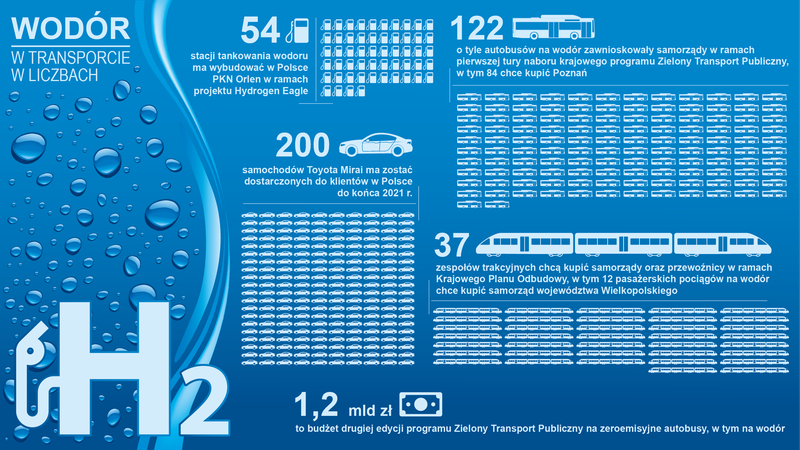





-
Application
- Industry
- Heating industry
- Individual solutions
- Law regulations
- Certification
- Research and development
- Public perception
- Investment map
-
Transport
- Hydrogen buses
- Hydrogen trains
- Special vehicles
- Law regulations
- Certification
- Research and Development
- Public perception
- Investment map
-
Production
- Technology
- Green hydrogen from Renewable Energy Sources
- Grey hydrogen
- Hydrogen production from biomass
- Law regulations
- Certification
- Research and development
- Public perception
- Investment map
-
Transmission, Storage



Cookies
Informujemy, iż w celu optymalizacji treści dostępnych w naszym serwisie, dostosowania ich do Państwa indywidualnych potrzeb korzystamy z informacji zapisanych za pomocą plików cookies na urządzeniach końcowych użytkowników. Pliki cookies użytkownik może kontrolować za pomocą ustawień swojej przeglądarki internetowej. Dalsze korzystanie z naszego serwisu internetowego, bez zmiany ustawień przeglądarki internetowej oznacza, iż użytkownik akceptuje stosowanie plików cookies. Czytaj więcej Polityka prywatności
Transport
First hydrogen vehicles in public communication in Poland
Are currently popular electrobuses just a prelude to hydrogen buses? In Poland, Konin is currently paving the way for hydrogen-based public transport with an order for one vehicle, and more will soon follow thanks to the Green Public Transport programme. The Metropolis of Upper Silesia and Zagłębie has received funds for the purchase of 20 buses. Poznań, Chełm and Włocławek are also applying for co-financing.Recent years have been a period of intensive development of zero-emission transport. Over the past few years we have seen a real revolution in the introduction of electrobuses or charging technologies. However, before battery buses had fully established themselves, vehicles with hydrogen cells appeared.
In the domestic market, however, operators have so far limited themselves to discussions and analyses. As with many new technologies, high vehicle and infrastructure costs proved to be an insurmountable barrier. The only way to speed up the development of new solutions at this stage could be to co-finance them using national or EU funds.
Such a catalyst, in the case of hydrogen buses, turned out to be the programme Green Public Transport launched last year by the National Fund for Environmental Protection and Water Management. The budget for the first call amounted to PLN 1.3 billion, of which PLN 1.1 billion was non-returnable forms of co-financing. In the case of electrobuses or trolleybuses, co-financing of up to 80% was provided, and in the case of hydrogen vehicles - up to 90%.
The programme also includes funds for charging and refuelling infrastructure.

The call started on 4 January 2021 and was closed already on 18 January - the pool of funds was used up so quickly. In total, applications were received from 33 cities for 431 vehicles. They mostly concerned electrobuses and the necessary charging infrastructure, but there were also the first cities interested in implementing hydrogen technology. Włocławek submitted an application for co-financing the purchase of three vehicles, Chełm - 15, Metropolis GZM - 20, and Poznań - as many as 84 vehicles. The applications also included two hydrogen filling stations.
The largest application, submitted by Poznań, includes 46 articulated buses with a length of 18 metres and 38 ones with a length of 12 metres. - We believe that hydrogen is the future of public transport. It is accessible and environmentally friendly. Vehicles in which it will be used as fuel may become an alternative to buses with combustion engines, and in the future even battery electric buses - said Wojciech Tulibacki, then President of the Management Board of Public Transport Operator in Poznań. The purchases are planned for 2022-2025, and the condition is that NFOŚiGW (National Fund for Environmental Protection and Water Management) will grant the applications.
On Tuesday 14 September this year. Metropolis GZM signed an agreement to co-finance the purchase of 20 hydrogen-powered vehicles. This project is to be a pilot, representing the first stage in the implementation and dissemination of hydrogen-powered public transport in the metropolitan area. The value of co-financing amounts to PLN 81 million. - Specific projects around which we can around which we can build competences for the future is bus transport. This project is the biggest undertaking in Poland. Metropolis GZM will play a pioneering role - says Michał Kurtyka, Minister for Climate and Environment. - We have been talking about hydrogen in the Silesian Voivodeship for almost three years. I hope that this small swallow will make a real spring and it will be possible to move to further steps - creating a full chain of supplies, products and services related to hydrogen economy. We want to be a good partner in implementing the hydrogen strategy - says Kazimierz Karolczak, chairman of Metropolis GZM.
Apart from Metropolis GZM, Chełm also wants to implement hydrogen buses. Initially, it was reported that Chełm had applied for funds for the purchase of 15 electric and 15 hydrogen-powered vehicles. Eventually, however, the city requested a change in scope and the purchase of hydrogen vehicles and refuelling stations only. The application was granted and the grant will amount to over PLN 100 million.
Włocławek is now wondering what to do with its application. It turned out that Public Transport Operator in Poznań can count on lower than expected co-financing. One of the options is to focus on electric vehicles. The negotiations with NFOŚiGW are not over yet.
All of them, taking part in the NFOŚiGW programme, will be overtaken by Konin anyway. In April the local MZK (Municipal Transport Union) announced a tender for delivery of one 12-metre bus fuelled by hydrogen in the form of lease. The ordering party required hydrogen tanks with a capacity of min. 1400 l (min. 30 kg of usable hydrogen). Only Solaris took part in the proceedings, valuing the service at PLN 2.916 million gross. The contract was signed on 7th July this year. The vehicle should be delivered within 12 months, and the lease period is set at four years. It is worth mentioning that it is in Konin where the first generally accessible hydrogen filling station in Poland will be built by the end of 2021.
However, this is not the end - other cities declare interest in the hydrogen technology. The second edition of the programme Green Public Transport is also in progress, although this time the rules of fund allocation were changed, including the introduction of a competition mode.
Redakcja





